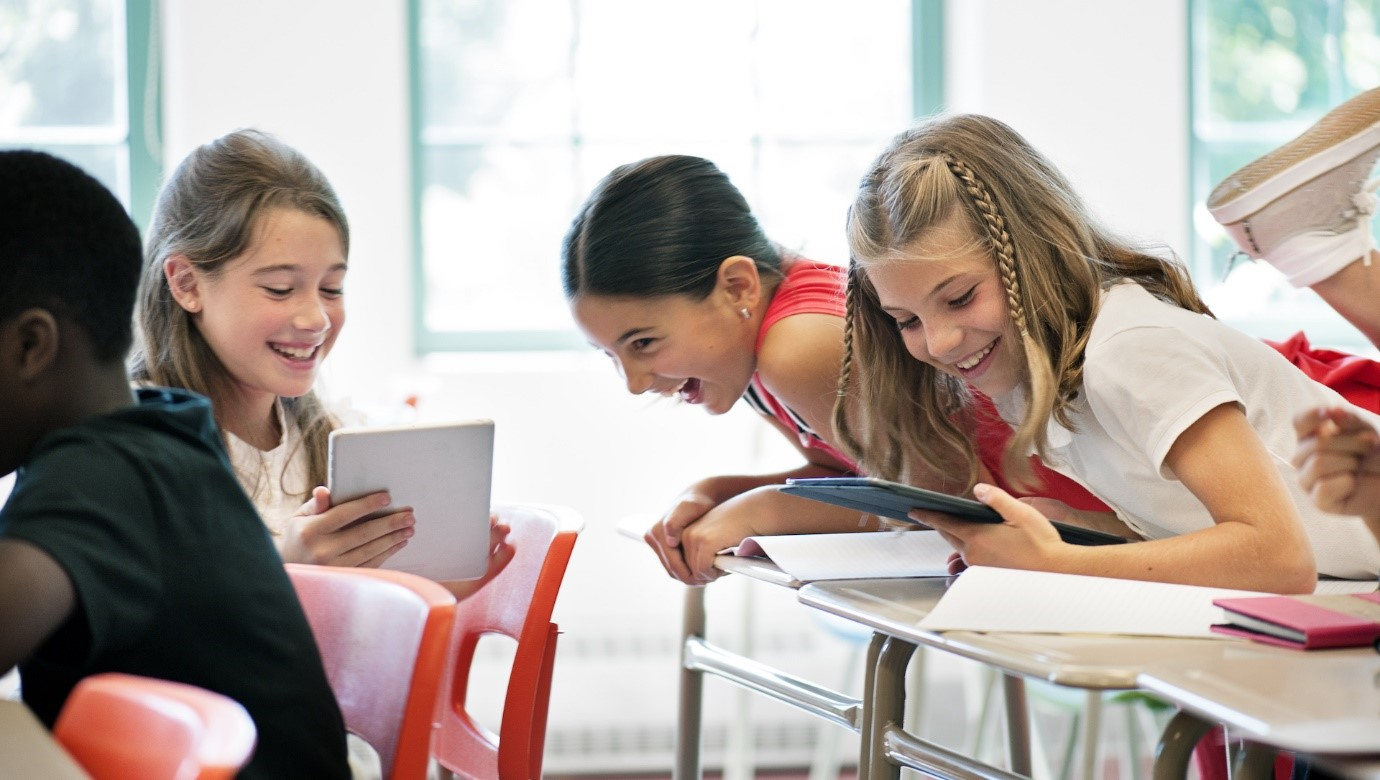By Joakim Reiter, Vodafone's Group External Affairs Director
The Covid-19 pandemic has overturned our lives for almost two years, but amid the turmoil, there have been some positive lessons. As millions of people around Europe were confined to their homes, they discovered new ways to connect to the outside world.
Online technologies ensured people stayed in touch with their family, their friends, their studies, their work and their communities. This was not just about emails and websites. It was about using a whole suite of applications to bring a new sense of connectivity to our communities. We were all challenged during the pandemic, but technologies rose to the occasion and kept us going.
The way we responded should give us a sense of how Europe can and should think about how to recover and rebuild. It is no secret that the European Union has fallen behind rivals like the US and China in developing the digital and mobile technologies. And the digital transition is – along with the green transition – one of two top priorities for the current European Commission. But it takes a shock like the pandemic for everyone to realise how critical 5G and digital technologies are for us. We need to not only build up digital resilience, but we need to lead the way in innovating and rolling out the technologies that will drive the future.
One of the most vital areas for digital technology is in education. We need to adapt teaching to the new realities of Europe’s increasingly digital society. Access to inclusive and engaging education enables everyone, especially the next generation, to thrive. It also helps them contribute to the economic and social recovery that we all need.
This is a huge opportunity and connectivity is the key. Digitalisation and 5G open a range of possibilities to make classrooms smarter. They can create immersive learning experiences, with augmented reality (AR) and virtual reality (VR) that bring fresh approaches to education.
Students can journey inside living cells to see how the different components work together. Or venture under the ocean, to see how tectonic plates move. Or enter the Roman Senate, where Julius Caesar is speaking. Wouldn’t that change the way students learn? All this is possible with 5G. It offers technological possibilities that can revolutionise education, ushering in a future of interactive, online instruction.
But how can we harness these technologies?
Firstly, we need ultrafast connectivity. Even today, most students, especially in rural and remote communities, cannot consistently access digital learning.
This was brought into sharp relief during the pandemic as those with reliable, high-speed connections were better positioned to minimise their sense of social isolation, manage interruption to work, and access education. The pandemic exposed our vulnerabilities. It created a ‘lockdown generation’ that risks missing out on critical opportunities to learn, interact and build foundations for their future professional lives.
Lack of connectivity during the pandemic exacerbated the pervasive feeling of being ‘left behind’ among rural communities. As Commission President Ursula Von Der Leyen said, “If we are striving for a Europe of equal opportunities, it is unacceptable that 40% of people in rural areas still do not have access to fast broadband connections.”
Secondly, we need to be inclusive, and people in regions need to be part of this. Digital literacy is becoming as important as reading and writing for young people’s future life chances. Access to technology and connectivity are essential for children and young people, so they can access work, education, healthcare and keep in touch with family and friends. Technology, connectivity, and digital skills are also critical for many of today’s jobs.
This is where we come in. At Vodafone, we have put tackling digital inclusion at the heart of our business: we are working to ensure no-one is left behind in the digital transformation. With our range of projects tackling digital exclusion, we are enabling access to public services, online shopping, work from home, and communication with friends and family.
We are already connecting 1.6million students and teachers a month across 4,547 schools globally with our ready-made digital classroom, Connected Education, which includes connectivity, tablets and laptops for the classroom, and collaboration software that helps students work with peers virtually and access almost infinite learning resources. We are helping to bridge the digital divide and help change people’s life chances.
These are exciting times, but we need a strategic vision for digital education and skills. This should be a vision that builds a more resilient educational system and unlocks job opportunities for Europe’s next generation. Schools and students need access to fast connectivity, cloud productivity tools, up to date devices in the classroom, and excellent online content.
We need a solid foundation of connectivity, access, and training for upskilling, reskilling and requalification. Digital education can harness the skills, create new jobs and revive economies. It can be one of the most powerful forces for positive change. We can turbo-charge education and transform Europe.
High-quality digital connectivity has already played an essential role in Europe’s response to the pandemic, helping people work, learn, and stay connected. It is the key to a smarter, greener and more inclusive recovery. If we speed up digital transformation in education and empower people and businesses with the right skills for the future, we can reshape our economies and societies. Europe’s future competitiveness will be built on 5G. We need a tech-savvy and educated workforce to compete globally and ensure we make the most of the digital opportunities ahead.























